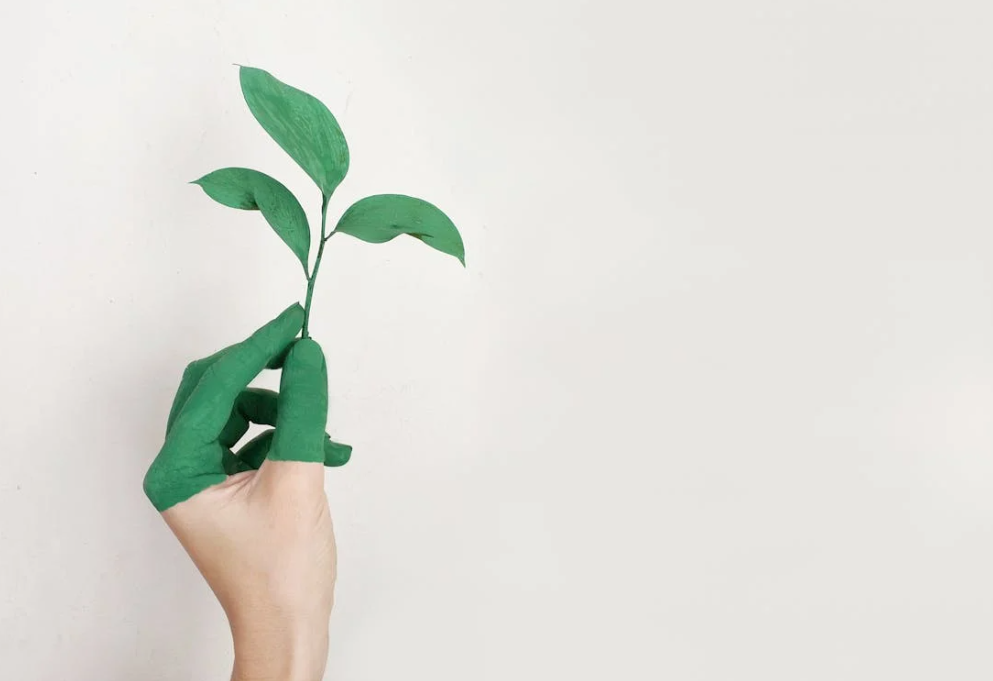Handwoven sarees are more than beautiful pieces of art; they represent a commitment to sustainability, heritage, and eco-conscious fashion. These sarees, crafted by skilled artisans using traditional techniques, are inherently eco-friendly due to their handmade nature and minimal use of industrial machinery. The process often involves organic cotton or silk, naturally sourced dyes, and small-scale production, which reduces carbon emissions and conserves resources. By choosing handwoven sarees, consumers support eco-conscious practices and contribute to preserving artisanal skills passed down through generations.

Sustainable handwoven sarees also support fair trade and the well-being of artisans. Unlike mass-produced garments, handwoven sarees allow artisans to earn fair wages while practicing their craft in safe working conditions. Many communities rely on handloom weaving as a primary source of income, ensuring their skills remain valued and viable in today’s fast-fashion landscape. Each handwoven saree tells a story of craftsmanship and care, making it a meaningful addition to any wardrobe while supporting ethical fashion choices.
Incorporating handwoven sarees into your wardrobe is a beautiful way to embrace a sustainable lifestyle without sacrificing style. These sarees come in various textures, colors, and patterns—from earthy-toned khadi to vibrant ikkat—allowing wearers to showcase both their cultural pride and their eco-conscious mindset. As sustainable fashion gains popularity, handwoven sarees stand out for their quality, beauty, and the positive impact they bring to both the environment and artisan communities.
